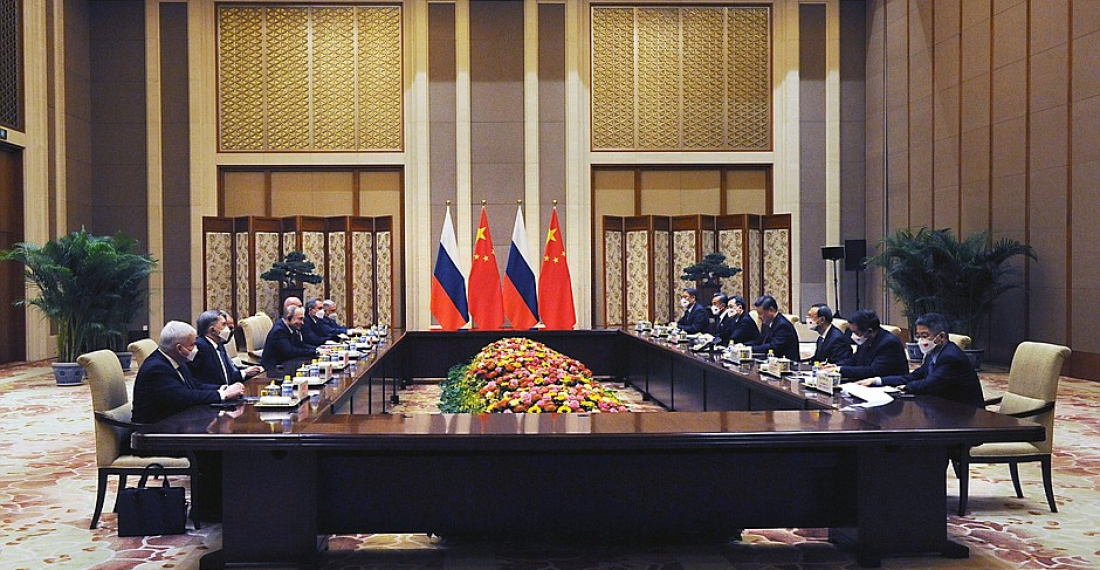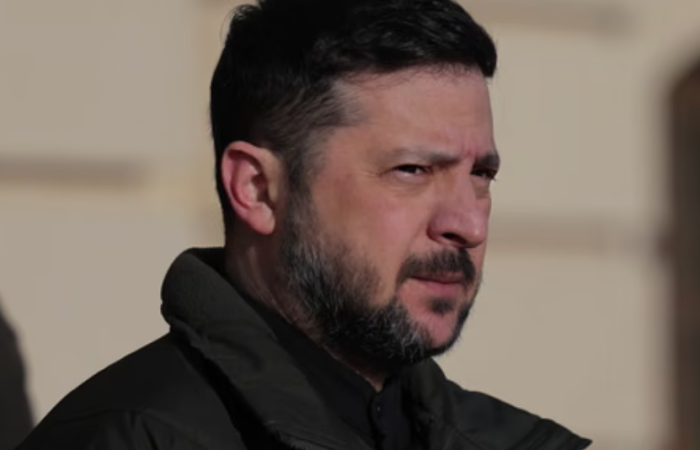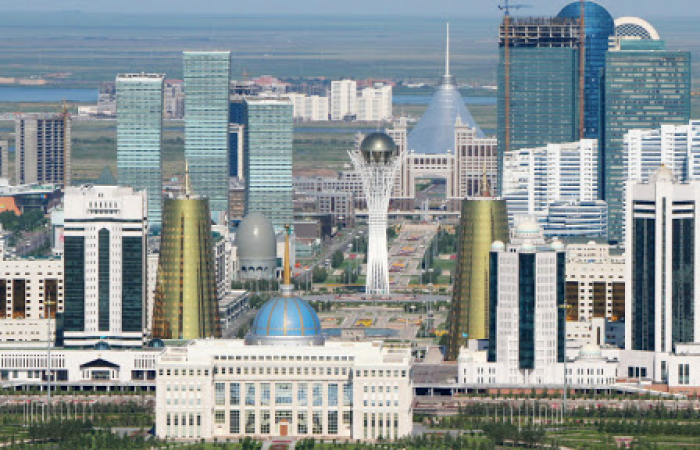Neither Russia nor China are interested in complete decoupling from the West, and both would like to maintain cooperative relations with the EU while fighting back against US pressure, argues Benyamin Poghosyan in this op-ed. In this context a Russia – China alliance against the 'Collective west" and the establishment of a new “iron curtain” completely separating them from Europe is possibly the worst outcome for Beijing and Moscow.
The end of the "unipolar moment" and the painful process of the emergence of the new world order ushered in a stand-off between Russia and the west around the transformation of the post-cold war European security architecture. On the surface, Russia and the West are arguing about the future of the geopolitical orientation of Ukraine, but the fate of Kyiv is only the tip of the iceberg. The real fight is about the future of European security architecture in a multi-polar, more unstable, and conflict-prone global order.
The prospect of Russia – West complete decoupling and the US threats to impose on Russia new drastic sanctions, including the potential cut off from the SWIFT financial messaging service, is going in parallel with growing US-China rivalry and American efforts to contain China's rise. In this context, experts worldwide are actively discussing if a Russia-China alliance will emerge as a credible tool for Moscow and Beijing to counter the US.
Recently, Russia and China made significant moves to bolster bilateral economic, political, and defense cooperation. The 2001 “Treaty of Good-Neighborliness and Friendly Cooperation” has boosted bilateral relations, and the crisis with the West precipitated by the Ukraine events of 2014 brought Russia closer to China.
Amidst the growing tensions between Russia and the west, and the lack of visible progress in negotiations between Russia, and the US and NATO, the Russian President’s visit to China last week to take part in the opening ceremony of the 2022 Beijing Winter Olympic games, and his meeting with President Xi, underscored the significance which Russia attaches to its relations with China. The diplomatic boycott of the Olympic games by the United States and other leading western countries further increased the importance and significance of Putin's visit. The Biden administration's efforts to shape its rivalry with China as an ideological battle between democracy and authoritarianism, and efforts to depict Russia and China as the primary pillars of the authoritarian system, brought the future of Russia – China relations further into the spotlight.
American experts and political circles seek to estimate if China can economically substitute the West for Russia, thus diminishing the negative impact of Western sanctions and making Russia more confident in its standoff with the West. Simultaneously, discussions are underway with some arguing that the crisis with Russia distracts the US from its focus towards Asia and the Pacific, preventing Washington from concentrating its primary resources on containing China and decreasing its involvement in other regions of the world.
Russia's economic ties with China have certainly grown in recent years. Bilateral trade hit a record annual high of more than $146 billion in 2021—up from less than $16 billion in 2003 and nearly $110 billion in 2020—with Russia being a primary source for China's oil, coal, natural gas, and agricultural import needs. At the same time, Russia has increased imported goods, such as electronics and machinery, from China. Russian-Chinese trade is far higher than Russia's overall trade with the United States, which was around $34 billion for the same period.
However, despite strong growth in economic relations with China, Beijing is far from replacing the EU as a primary economic partner of Russia. Russia's trade with the EU totaled nearly $220 billion in 2021. Russia serves as a significant energy exporter to the EU, accounting for 26 percent of the EU’s oil imports and 40 percent of its natural gas imports. Furthermore, while Russia's energy exports to China have increased, the overall volumes are much lower in absolute terms than Russian exports to the EU.
The Putin – Xi meeting in Beijing underscored the similarities of the two states' approaches on major global issues. The two Presidents signed a joint statement on international relations entering a new era. Russia and China underscored that the advocacy of democracy and human rights must not be used to put pressure on other countries and opposed the abuse of democratic values and interference in the internal affairs of sovereign states under the pretext of protecting democracy and human rights. The Russian side reaffirmed its support for the One-China principle, confirming that Taiwan is an inalienable part of China and opposing any forms of independence of Taiwan. Russia and China opposed further enlargement of NATO and emphasized the negative impact of the United States' Indo-Pacific strategy on peace and stability in the region. At the same time, China supported the proposals put forward by Russia to create long-term, legally binding security guarantees in Europe.
However, China and Russia are far from establishing a formal and binding military alliance that may potentially drag Russia into the military conflict in the South China Sea and bring China into a potential clash with NATO in Europe. Despite all anti-western rhetoric, Russia is not ready to completely cut its relations with the West. Russia supports the emerging multi-polar world order, where Russia is one of the primary players. Meanwhile, Russia is not interested to see a unified Western pole led by the US. The better outcome for Russia would be the "division of the collective West" into two distinct, albeit friendly poles, the US and EU, while the US competes with Germany and France to include such states as Poland, Romania, and Bulgaria into their poles. To reach this goal, Russia needs to avoid a new crisis with Germany and France.
China needs a European market for exports and is interested in bringing more European companies to invest and produce in China, especially given the US efforts to push global supply chains away from China. The EU's full support of the US anti-China policy would have severe ramifications for China, and Beijing will do everything to avoid that outcome. Thus, neither Russia nor China are interested in complete decoupling from the West, and both would like to maintain cooperative relations with the EU while fighting back against US pressure. In this context Russia – China alliance against the 'Collective west" and the establishment of a new “iron curtain” completely separating them from Europe is possibly the worst outcome for Beijing and Moscow.
source: Benyamin Poghosyan is the Founder and Chairman of the Center for Political and Economic Strategic Studies in Yerevan.
photo: Russian and Chinese leaders met in Beijing on 4 February 2022 (picture courtesy of the press service of the president of Russia)
The views expressed in opinion pieces and commentaries
do not necessarily reflect the position of commonspace.eu or its partners







